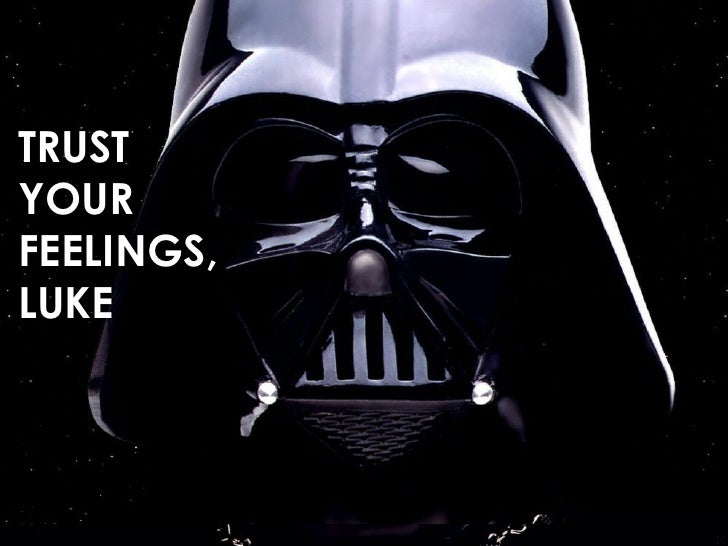amadeus
Bishop of Bio-Dome
Many good answers and thoughts by people here, but as I’m on the train to work I don’t have time to respond to all of them yet. 
@Hygro, would this be a fair representation of what you are saying?
Cognitive dissonance: the response of the person brought on by the revelation of new information that (to them) undeniably casts doubt on the person’s belief.

@Hygro, would this be a fair representation of what you are saying?
Cognitive dissonance: the response of the person brought on by the revelation of new information that (to them) undeniably casts doubt on the person’s belief.


 )))
))) sorry
sorry ) but I just found the gun control example personally the easiest to explain. I guess I can't think of anything outside of politics because I don't see the need for nuance in day-to-day life? There's not much to think about when I go to the grocery store or sit on my balcony and drink coffee.
) but I just found the gun control example personally the easiest to explain. I guess I can't think of anything outside of politics because I don't see the need for nuance in day-to-day life? There's not much to think about when I go to the grocery store or sit on my balcony and drink coffee.